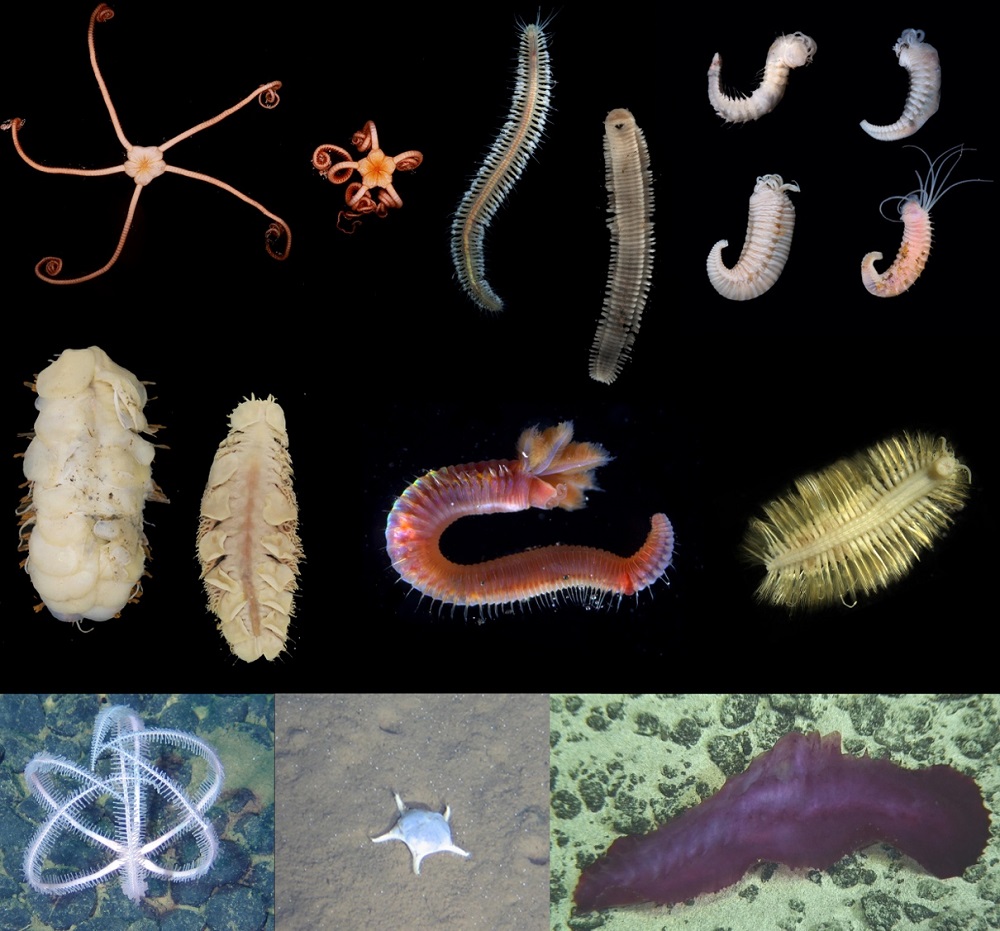News

In April, the International Seabed Authority (ISA) released a selected list of “One Thousand Reasons” taxonomy project led by ISA and the World Register of Marine Species (WoRMS) and funded by the European Union. The project led by Associate Researcher Zhou Yadong of the SIO on the “identification of new species of polychaetes and echinoderms in the seamount from the Western Pacific and hydrothermal regions from the Indian Ocean” was among the nine approved projects worldwide, and it was also the only approved Chinese project.
As the first global open tender research project initiated by ISA under the Sustainable Seabed Knowledge Initiative (SSKI), the “One Thousand Reasons” project aims at promoting taxonomic research and description of new deep-sea species in areas beyond national jurisdiction (ABNJ), striving to describe at least 1000 new deep-sea species by 2030, and further promoting understanding and protection of deep-sea biodiversity. As a specific initiative for the International Seabed Authority to support the United Nations “Decade of Ocean”, the new knowledge generated by the “One Thousand Reasons” project will enable scientists to map seabed species and help the public understand and manage the potential impacts of human activities on deep-sea ecosystems.
As the first project publicly tendered globally, “One Thousand Reasons” collected 65 project applications from 21 countries around the world, of which 9 projects from countries such as the United States, the United Kingdom, Germany, Singapore and China were approved through expert review, focusing on various deep-sea organisms such as squid, starfish, and corals. As the only approved Chinese project, the “identification of new species of polychaetes and echinoderms in the seamount from the Western Pacific and hydrothermal regions from the Indian Ocean” aims to describe potential new species of deep-sea polychaetes and echinoderms and reveal the “unknown diversity” in the international seabed region.
The research team led by Zhou Yadong has participated in ocean voyages in China for years, accumulated rich experience in related waters, obtained various deep-sea polychaetes and echinoderms specimens and conducted a series of taxonomic studies. As of now, the team has reported 2 new genera and 33 new species of polychaetes and echinoderms, with most of the remaining specimens to be described and published, including many potential new species. The team will conduct taxonomic and phylogenetic studies on these taxa, clarify the regional diversity, and elucidate the phylogenetic relationships and biogeographic distribution in a broader context and promote the understanding and protection of deep-sea biodiversity.



